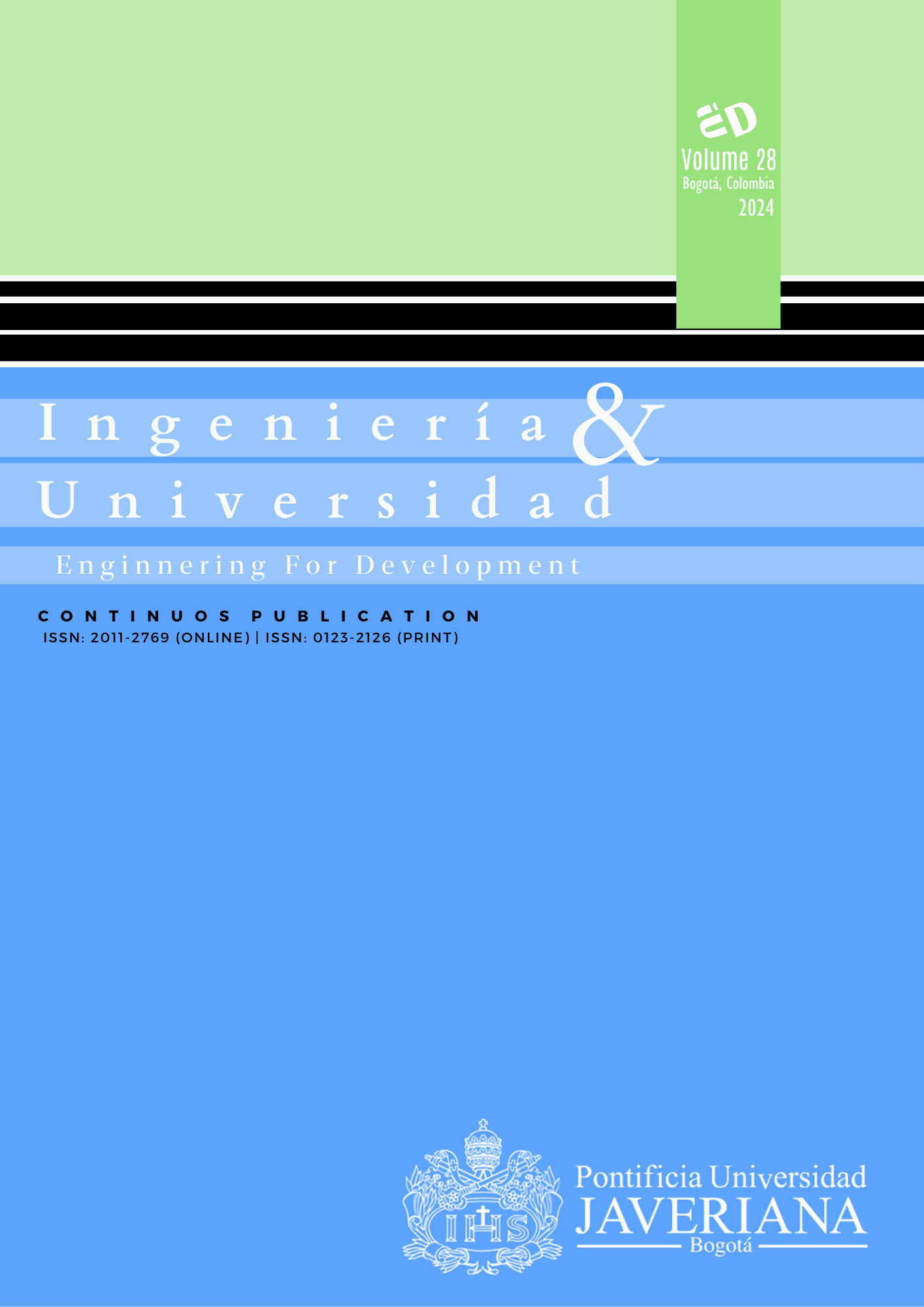Abstract
This article presents a reflection on the teaching of ethics in engineering programs with a proposal from a neuroscientific approach. Moreover, the main concepts and methodological guidelines that are key for the design of courses and activities related to the teaching of ethics in engineering are described. For this qualitative descriptive study, a systematic review of the literature in scientific databases on the teaching of ethics from 1996 to 2024 was conducted. From this search, the most pertinent articles were chosen, and these enabled us to reflect on neuroethics and the teaching of engineering ethics, ultimately describing the main concepts and recommendations that are relevant for the teaching of engineering ethics.

This work is licensed under a Creative Commons Attribution 4.0 International License.
Copyright (c) 2025 ANDRES MAURICIO PONCE CORREA, ALEXANDER ALONSO OSPINA OSPINA, ROSA ELVIRA CORREA GUTIERREZ


